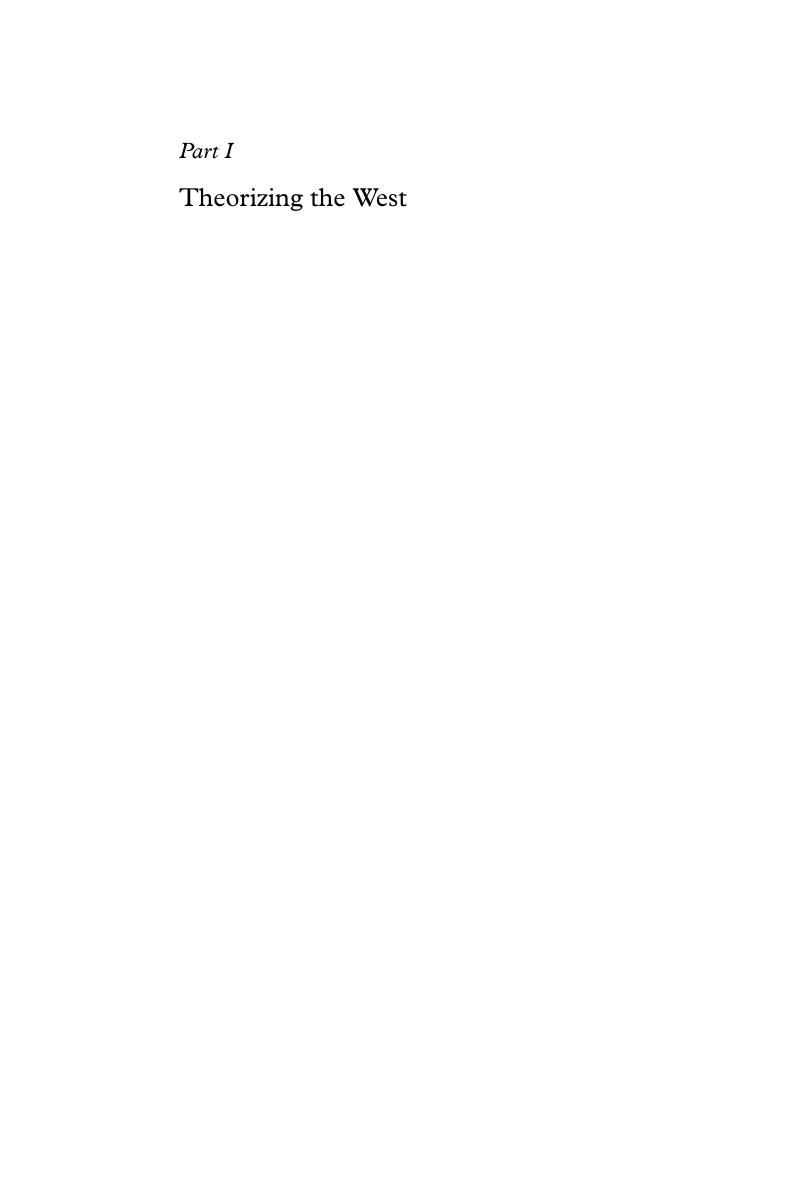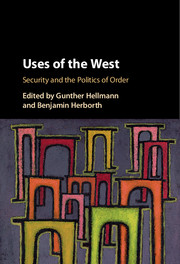Part I - Theorizing the West
Published online by Cambridge University Press: 20 January 2017
Summary

- Type
- Chapter
- Information
- Uses of 'the West'Security and the Politics of Order, pp. 11 - 108Publisher: Cambridge University PressPrint publication year: 2016



